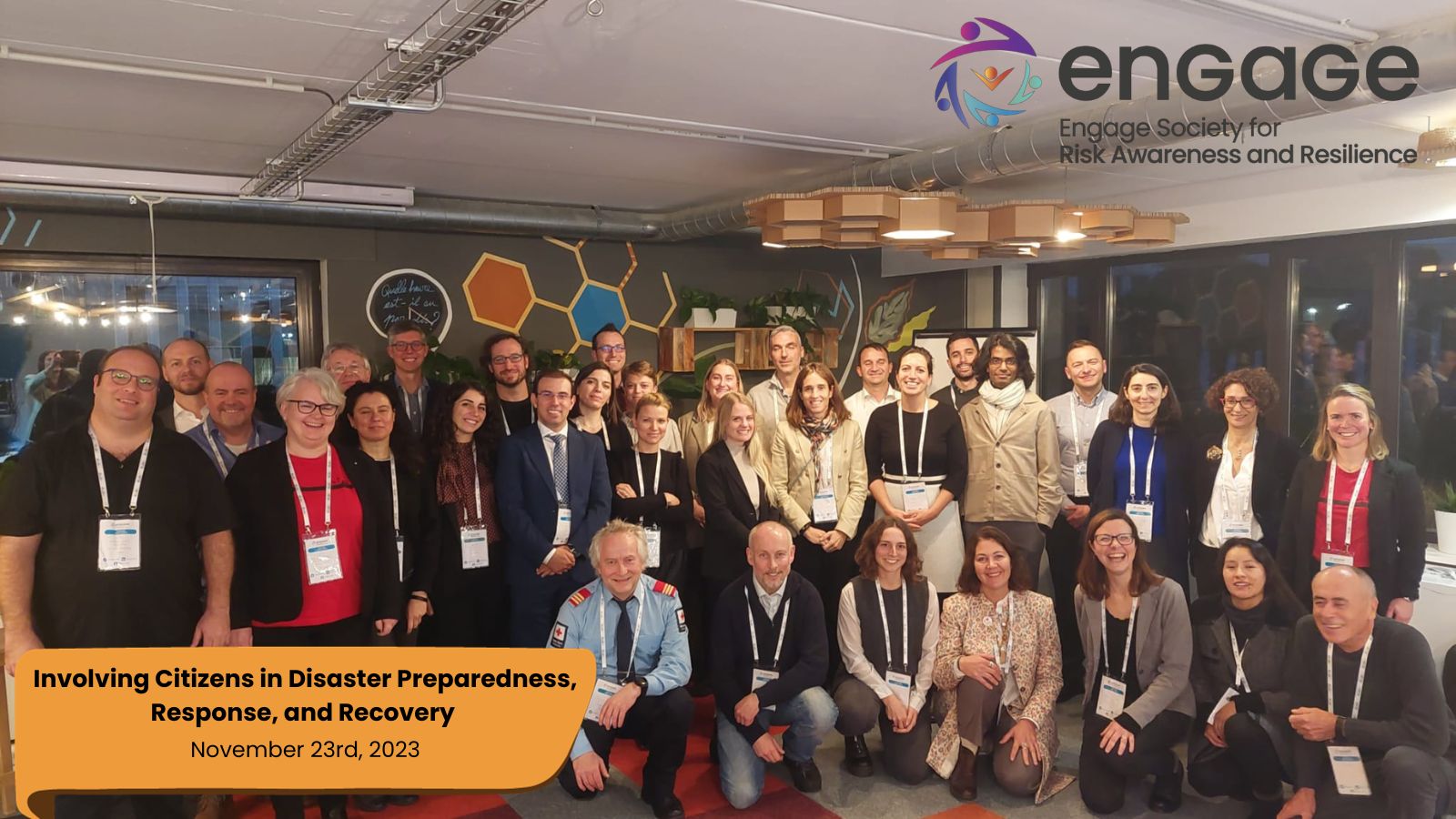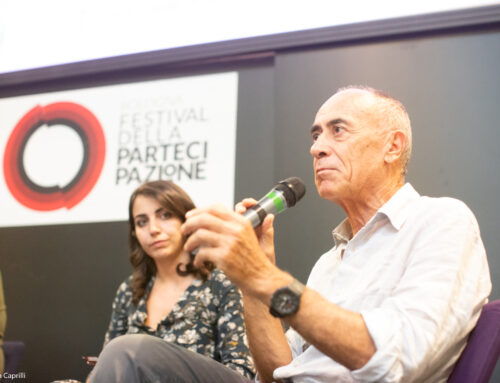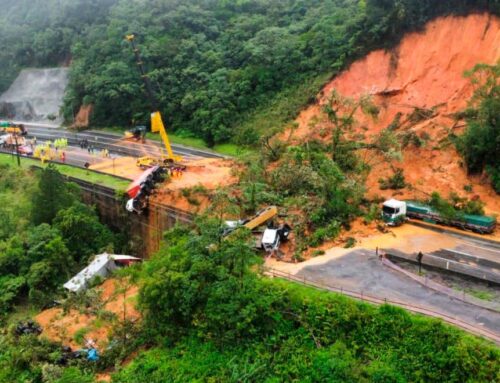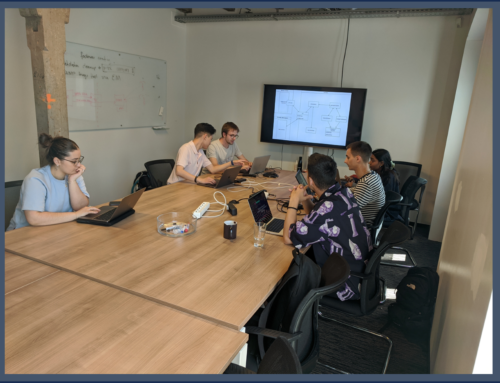As of the end of December 2023, the ENGAGE project has concluded its work after three and a half years of research, collaboration, and contribution to current understandings of societal resilience. The project aimed to link the informal resilience naturally inherent in citizens with the formal work of authorities to prevent, prepare for, respond to, and recover from nature-derived and man-made disasters and was co-funded by the European Commission’s Horizon 2020 programme (grant agreement No 882850).
Engage Society for Risk Awareness and Resilience – ENGAGE
One of the main outcomes of the project is the Knowledge Platform- an online repository comprised of solutions (campaigns, guidelines, or technologies) used to improve the interactions between first responders, public authorities, and citizens. The platform aims to serve as a source of inspiration for emergency services to identify solutions that suit their needs and adapt them according to their local contexts.
In order to evaluate the applicability of some of these solutions in different situations and geographic locations, ENGAGE carried out four validation exercises based on various scenarios: a quick-clay landslide scenario in Trondheim, Norway; a cyber-attack scenario impacting critical infrastructure in the Basque Country, Spain; a heat wave in Rome, Italy; and a scenario involving a mass influx of refugees in Târgu Mureș, Romania. These exercises demonstrated, for example, the efficacy of building stakeholder networks (Rome), the significance of comprehensive awareness campaigns to combat the menacing nature of social engineering (Basque Country), the need for effective stakeholder coordination (Trondheim), and the expansion of identified solutions for broader public preparedness and empowerment in disaster management to nurture societal resilience (Târgu Mureș).
In line with the project’s aim to foster a paradigm shift that focuses on the collective action of citizens within the phases of the disaster management cycle rather than the actions taken by public authorities and first responders to protect them from harm, policy recommendations were developed as another main outcome. These recommendations focus on two themes: communicating with citizens in a crisis– which advocates for taking the diversity of citizen needs into account in addition to ensuring that messages are consistent, inclusive, and accessible- and finding ways to integrate the actions of spontaneous volunteers into formal disaster management strategies, methods, and planning- which advocates for “volunteer positive” policies that make volunteering easy and accessible.
Our final event
In order to mark the end of the project, ENGAGE hosted a final event on November 23rd, 2023, in Brussels, Belgium.
The one-day event featured insights from the validation exercises, interactive workshops on our Knowledge Platform and our AI-enabled chatbot prototype, and panel discussions on citizen-driven initiatives and lessons learned throughout the lifetime of the project.
In case you missed it, you can watch the recording of our final event on our Youtube channel.
A special thank you
The ENGAGE consortium would like to convey a special thank you to the ENGAGE community- to everyone who contributed to our research, provided us with feedback, participated in our events, or followed us on social media. Our outcomes were enriched because of your involvement!
We would also like to thank the members of our Knowledge and Innovation Community of Practice (Ki-CoP), which is now comprised of 90 experts from 25 different countries. Your contributions and perspectives were integral to the development of our research.





